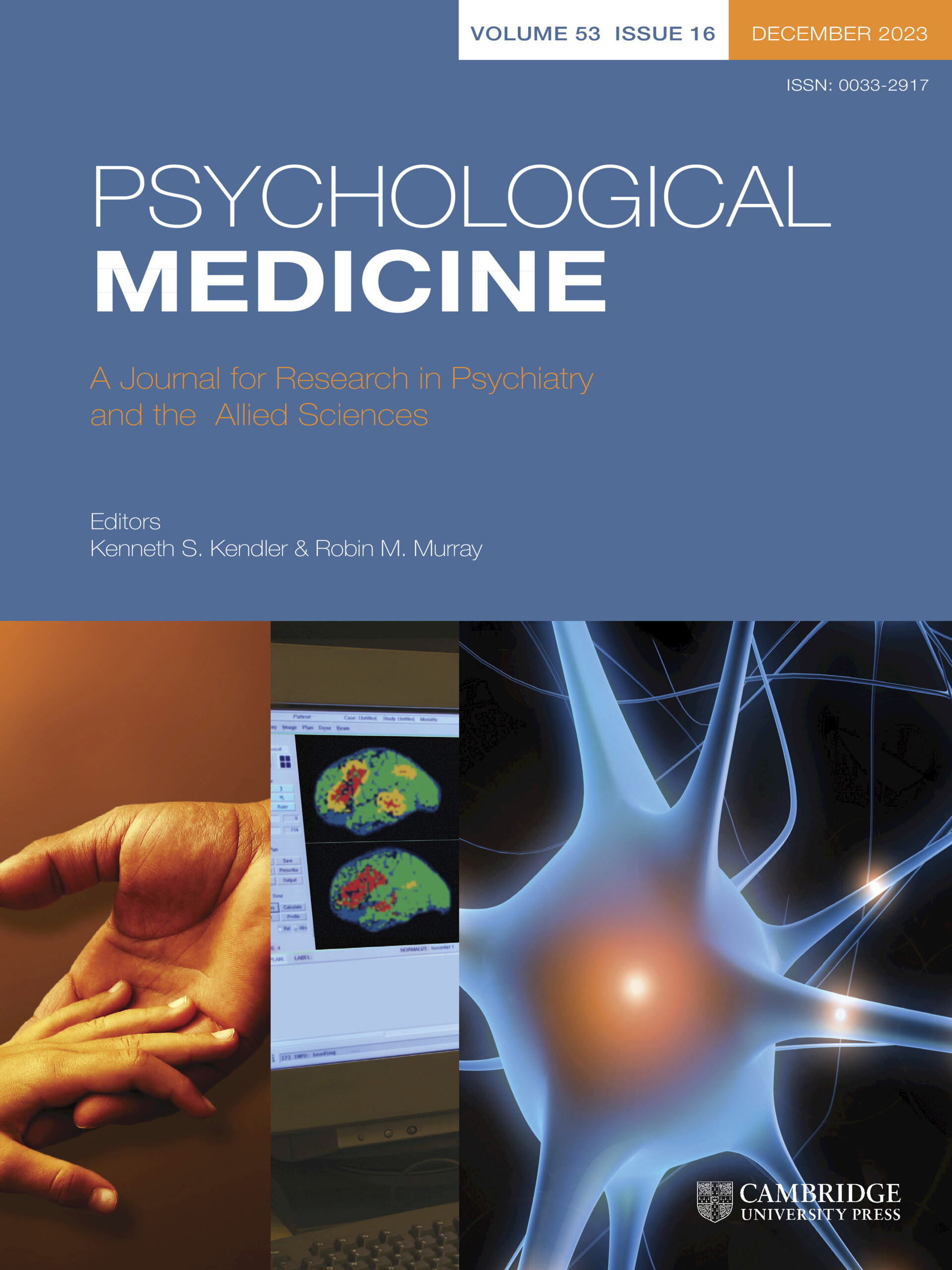As far as I know most university audio testing facilities are mostly used for audiology studies, studying speech perception and stuff like that. Doing yet another doomed DAC differences DBT in a futile attempt to shut down anti-scientific cranks on the internet doesn't seem to be worthwhile in comparison...I don’t get it.
It would appear that there are universities across the globe with testing facilities. We’ve all seen academic papers posted here measuring the limits of human hearing, etc., etc.
One has to ask, what are they doing the rest of the time?
As an example, how long would it take to do a proper, double-blind, controlled test on a handful of DACs with varying degrees of SNR, THD+N, jitter, etc.?
How long would it take to test amps with varying degrees of audible measurements?
It’s not as if universities have a shortage of young people with good hearing.
So many audio-world myths could be put to bed so quickly.
And if you had a few places set up to handle these across the world, whilst not everyone would be able to access them, there’s be enough people close enough who could (and gladly would) bring in their gear, and themselves, for free, reducing the cost.
But in all seriousness, I think that basic thresholds of audibility are considered "known" as far as they need to be. I guess they have bigger fish to fry than edge cases of audibility when it comes to music playback.

